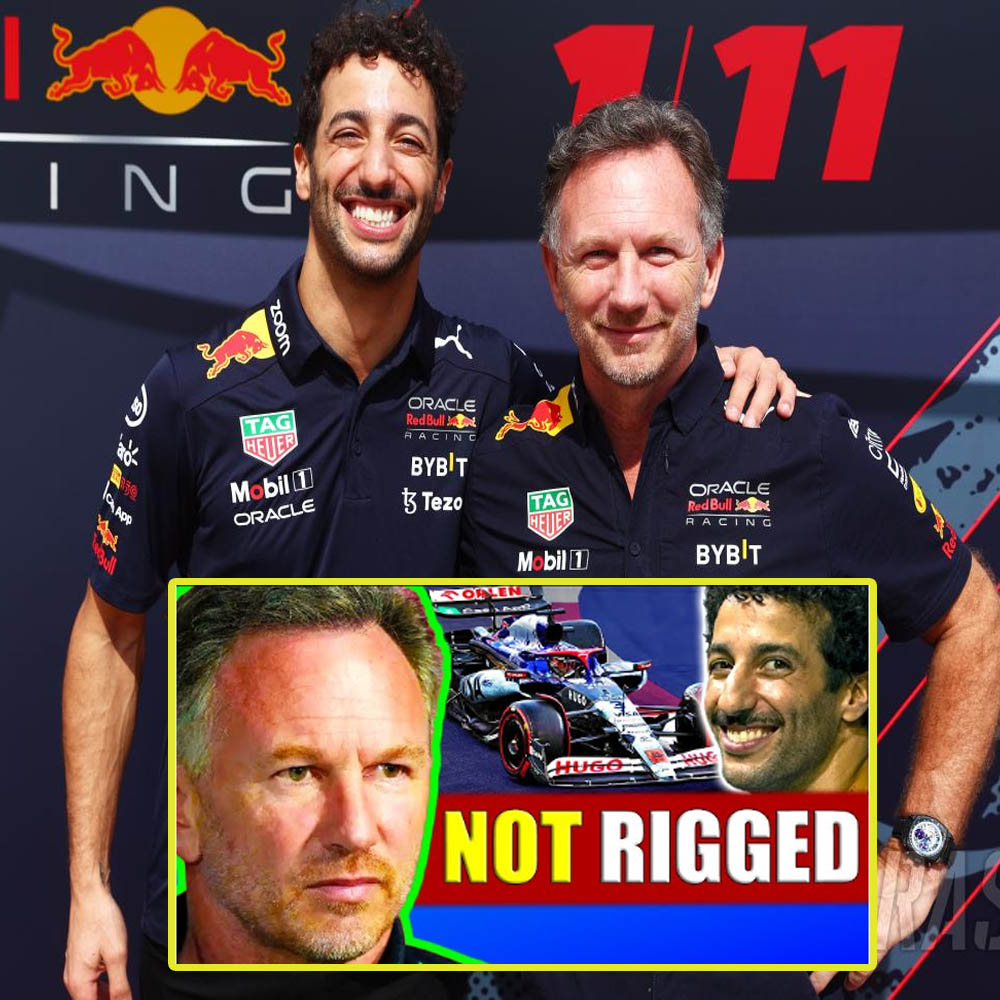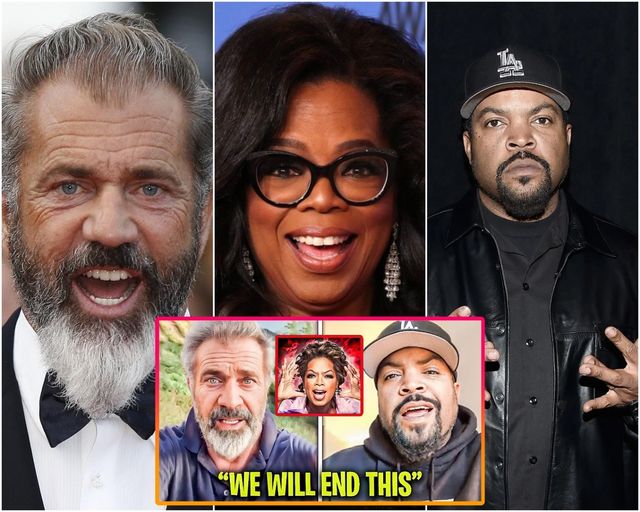Felix Kamassah is not your typical farmer. He is the founder and CEO of Maphlix Trust, an agribusiness company that supplies vegetables to brands like KFC and Shoprite in Ghana, and exports to markets like the UK, Finland, Germany and Dubai. He is also the president of the Vegetable Producers and Exporters Association of Ghana (VEPEAG), a network of over 650 smallholder farmers who benefit from his support and guidance.
But Kamassah did not start his career in agriculture. He was an economist who worked in the banking sector for over a decade. He only did farming as a side hustle, inspired by his aunt who was a nurse and a farmer. He and his wife planted cassava and maize on a small plot of land, and soon expanded to other crops driven by local demand.

In 2013, he decided to quit his regular job and focus on farming full-time. He established Maphlix Trust and started growing 27 different vegetables, tubers, and fruits on a large scale. He also invested in greenhouses, irrigation systems, cold storage facilities, and quality certification.
His entrepreneurial journey was not without challenges. He faced difficulties in accessing land, capital, inputs, and markets. He also had to deal with pests, diseases, climate change, and price fluctuations. But he persevered and overcame these obstacles with innovation, hard work, and passion.
He also leveraged the opportunities offered by the Ghana Export Promotion Authority (GEPA), which helped him participate in trade fairs in Germany where he met potential buyers. He also received training and support from the USAID-funded Ghana Trade and Investment Program for a Competitive Export Economy (TIPCEE), which helped him improve his production and export capacity.
Today, Kamassah is one of the most successful farmers in Ghana. He has expanded his land under production to 760 hectares, including 80 greenhouses. He employs over 150 permanent staff and hires over 70 temporary workers during harvesting seasons. He supplies fresh produce to KFC, Shoprite, Melcom, Koala, Maxmart, and other supermarkets in Ghana. He also exports to Europe and the Middle East through his packhouse facility that meets international standards.
Kamassah’s motivation is not only to make money, but also to make a difference. He wants to contribute to Ghana’s food security, reduce its import dependency, create jobs, empower women and youth, and promote sustainable agriculture. He also wants to inspire other Africans to see farming as a viable and rewarding career.

According to him, “Farming is not a punishment; it is a business that can transform lives.”
Farming in Ghana and Africa has a huge potential for growth and development. According to the World Bank, agriculture accounts for about 19% of Ghana’s GDP and employs about 40% of its labor force. The sector also contributes to about 54% of its export earnings. However, the sector faces many challenges such as low productivity, poor infrastructure, weak value chains, limited access to finance, and high post-harvest losses.
To address these challenges, the government of Ghana has launched several initiatives such as the Planting for Food and Jobs (PFJ) program, which aims to increase food production, create jobs, and enhance food security. The program provides farmers with subsidized inputs such as seeds and fertilizers, extension services, marketing support, and access to credit.
The government has also launched the One District One Factory (1D1F) program, which aims to promote industrialization and value addition in each of the 260 districts in Ghana. The program provides incentives such as tax breaks, duty waivers, land acquisition facilitation, and infrastructure development for investors who establish factories in the districts.
The government has also partnered with development partners such as the African Development Bank (AfDB), which has invested $120 million in the Ghana Cocoa Board (COCOBOD) to boost cocoa production and processing. The project aims to increase cocoa yields from 450 kg per hectare to 1.5 tons per hectare by 2022. It also aims to increase cocoa processing capacity from 220,000 tons per year to 850,000 tons per year by 2022.
These initiatives are expected to create more opportunities for farmers like Kamassah who are willing to take advantage of them. They are also expected to improve the competitiveness of Ghana’s agriculture sector in the global market.
Africa has about 60% of the world’s arable land, but only produces about 10% of the world’s agricultural output. The continent imports about $35 billion worth of food annually, which is projected to rise to $110 billion by 2025 if nothing changes.
However, there is hope for change. The African Union has adopted the Comprehensive Africa Agriculture Development Programme (CAADP), which aims to achieve 6% annual growth in agriculture by 2025. The program focuses on four pillars: increasing land and water productivity, improving rural infrastructure and trade, enhancing food security and nutrition, and strengthening research and innovation.
The program also supports the implementation of the Malabo Declaration, which was adopted by African leaders in 2014. The declaration commits to halving poverty by 2025 through inclusive agricultural growth, tripling intra-African trade in agricultural commodities, ending hunger and malnutrition, enhancing resilience to climate change, and boosting public and private investment in agriculture.
These initiatives are expected to create more opportunities for farmers like Kamassah who are willing to take advantage of them. They are also expected to improve the competitiveness of Africa’s agriculture sector in the global market.
Felix Kamassah is a shining example of what African farmers can achieve with vision, determination, and innovation. He is a role model for other aspiring farmers who want to make a living and a difference through agriculture. He is also a testament to the potential of Ghana and Africa to become self-reliant and prosperous through agriculture.
Keep pushing higher and higher and redefining what is possible. You are a true African hero, a Rising African and an able role model for the new African. Rising Africa is a dynamic platform that highlights the remarkable achievements of Africans worldwide and provides up-to-date information on scholarships and sponsorships available to African youth. Our vision is to inspire and empower the next generation of African leaders by showcasing the diverse accomplishments and talents of Africans across different fields, including technology, business, arts and culture, and social activism.
Through our Success Stories portal, we celebrate Rising Africans of all ages and sectors who have risen above challenges and made impactful innovations. Our Wonder Kids section features young achievers aged 1-12, while the Super Teens category highlights those aged 13-19, and Young Achievers profiles those aged 20-30. We also have dedicated portals for Women in Africa and persons living with disabilities.
In addition to celebrating African achievement, our Opportunities portal connects African youth to the latest sponsorship, scholarship, awards, and other life-changing opportunities. By providing access to these opportunities, we aim to empower African youth to pursue their dreams and make a positive impact in their communities.
At Rising Africa, we believe in the limitless potential of Africans to create a prosperous future for the continent. Join us in celebrating African excellence and building a brighter future for Africa.





